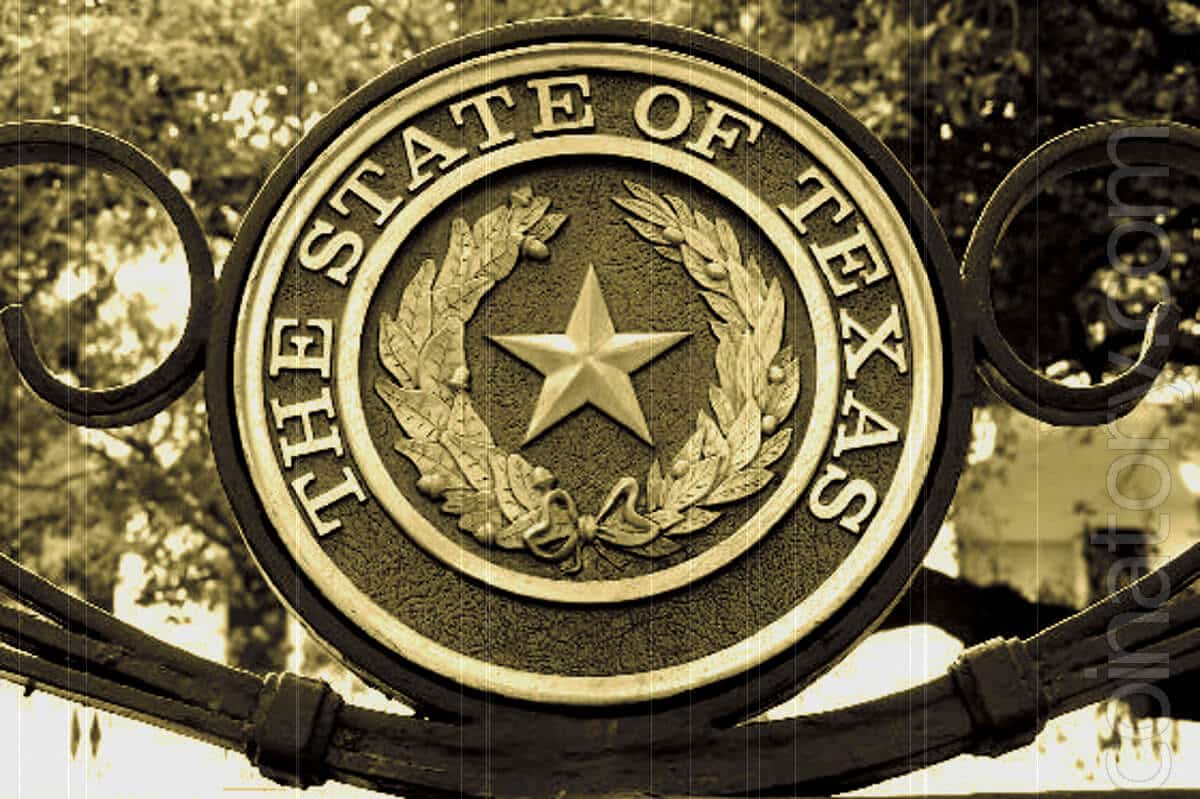
A Texas magistrate judge, Ronald C. Griffin, has recommended dismissing the majority of claims brought against YouTuber Logan Paul in a class-action lawsuit over the failed NFT project CryptoZoo. The judge concluded that the plaintiffs had not sufficiently demonstrated a direct link between Paul and the alleged financial damages.
In a detailed 75-page opinion, Judge Griffin stated that the case lacks evidence of Paul’s personal benefit from CryptoZoo’s collapse. The lawsuit, filed in early 2023, claims the project was a “rug pull,” alleging fraud, unjust enrichment, negligence, breach of contract, conspiracy, and consumer law violations across several states.
One key allegation—that Paul committed commodity pool fraud—was permanently dismissed. The plaintiffs argued that CryptoZoo NFTs were akin to option contracts because users purchased “eggs” that later “hatched” into animals, which could be bred and traded. Judge Griffin rejected the argument, calling the logic “mental gymnastics” and noting that the plaintiffs failed to show how such purchases met the legal definition of commodity contracts.
While the judge found the remaining 26 claims insufficient as currently presented, he granted the plaintiffs permission to amend the complaint. He noted that many allegations relied on vague references to “Defendants” and did not clearly establish Paul’s direct involvement or personal gain. Griffin criticized these tactics as legally unsupported and lacking in coherence.
The lawsuit also names CryptoZoo co-founders Eduardo Ibanez and Jake Greenbaum. Paul, in turn, has accused them of misleading him and contributing to the project’s failure. Judge Griffin advised against shifting legal liability entirely to these co-founders, warning it could lead to inconsistent outcomes.
CryptoZoo launched in 2021 as an NFT-based game where users could purchase eggs, hatch them into animals, and breed hybrids. None of the promised features were delivered. In response to mounting backlash, Paul offered refunds totaling approximately $2.3 million in January 2024—repaying buyers 0.1 ETH, the original NFT mint price—on the condition that claimants agree not to pursue legal action.







